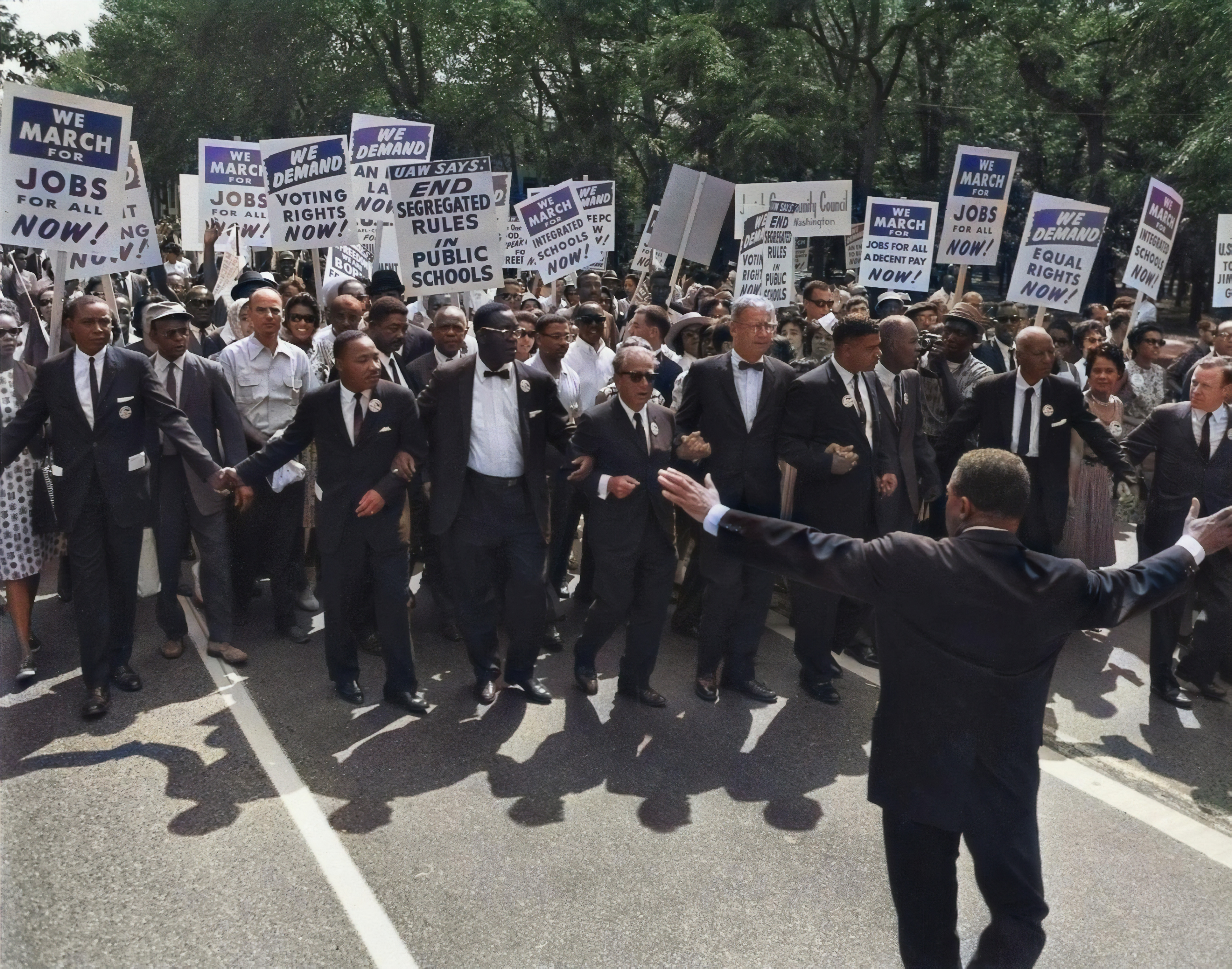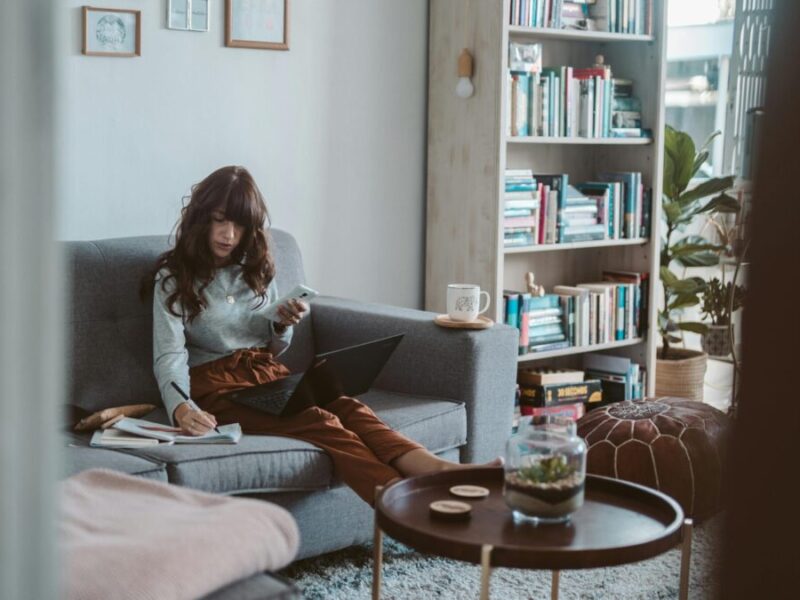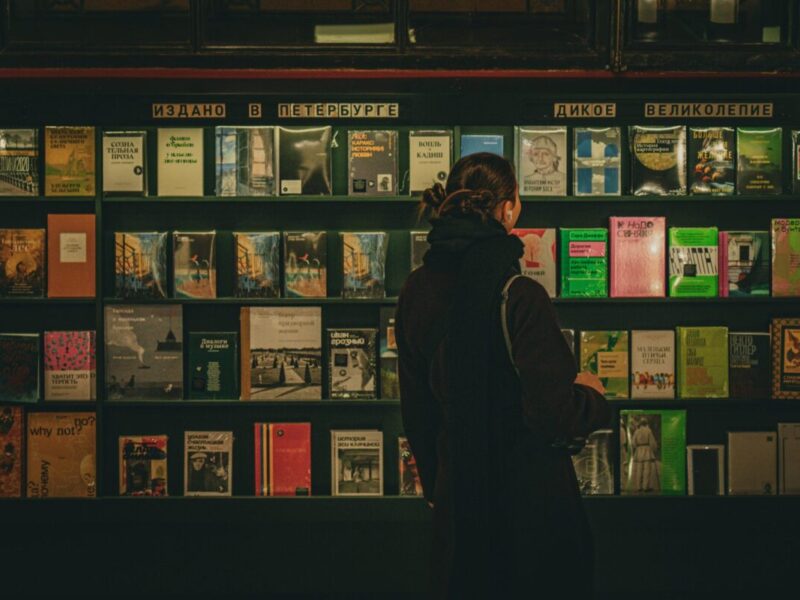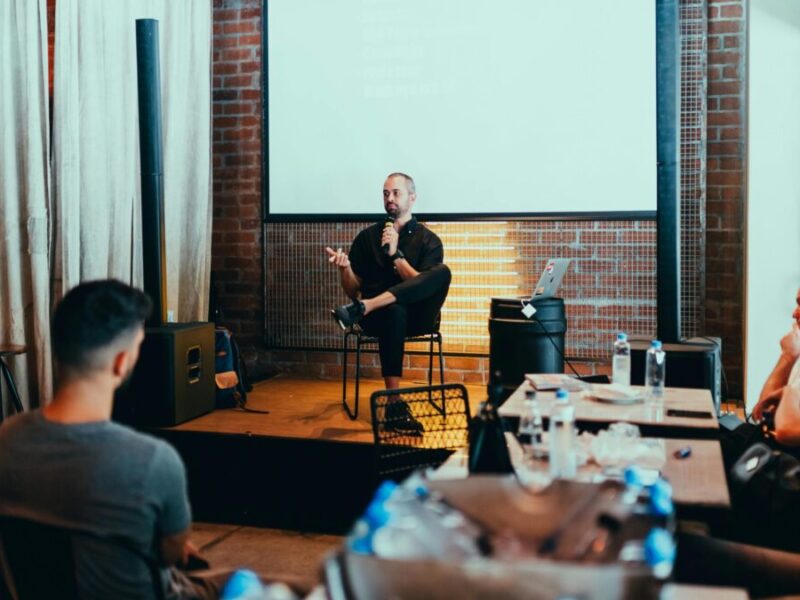As the city begins the process of shutting down for what is to come, I sit in a coffee shop tapping my fingers on a stone table while looking out into downtown Dayton, Ohio. Remorse and regret weigh heavily on me as I think of how I want to capture this moment. I realize that most of my early writings were ruminations of my disappointment or discontent with my surroundings or circumstances. Finding the words to describe what is to come is the easy part. Dealing with the potential trauma this community will face is difficult. It’s the 20th, and in five days this coffee shop and every other business and street in a six-block radius will be shut down for the day as the Klan holds a demonstration in downtown Dayton.
Yes, it is 2019, and on May 25th we experience a rally brought to us by an “order of the knights” KKK affiliated group out of Indianapolis. I attended several community lead meetings over the past month in preparation for this day. Some are motivated to create counter-demonstrations while others are looking to hold more creative-focused efforts as acts of solidarity, expression, and communal love through art and music. Finding myself torn between either group, I’m curious about where I’ll find my voice in the coming days. I have both history and influence in both areas of activism.
At times, the exhaustion of being an art activist can be overwhelming, leading me to develop more forms of self-care as I grow older. The deeper the potential trauma, the more intentional I’ve learned to be with self-care.
A group of artists and community leaders from various organizations have also been strategizing on what their best use of energy will be for the day. I’m sure I’ll find myself on the creative side of the line on Saturday morning at an event called “An Afternoon of Love, Unity, Peace, and Inclusion.”
I have participated in many anti-demonstrations over the years, fighting against the subjugation of oppressed communities to more oppression, but with the growing anticipation for the hatred that Dayton will come face to face with, I want to participate in something that stimulates the love my community shares.
Throughout the week, local businesses display messages for the hostile outsiders coming to town with hateful language and a disruptive mission. I head downtown to get some supplies for the weekend and see that public buses have changed their location markee to read “Unite Dayton Against Hate.”
Police cruisers and barricades block many streets, and I feel bad for the people having to travel downtown to work. We are a day away from the big event and the word is that a Swiss news team is here in town coordinating with the Dayton Chapter of the New Black Panther Party. This day is going to make national news as if we were in some kind of time machine; I remember reading about Huey P. Newton’s Panther Party from the 60s and how Switzerland sent a news team back then to cover the story of racism and injustice in America. It’s good to know that foreign entities have also been keeping an eye on the issue here, while our elected officials give this hatred a platform to stand on, along with a security detail and a conference room in downtown Dayton to plan in.
For me, poetry has always been this place I can go to. There weren’t many treehouses in the hood where I grew up. Apparently, you can’t build in something that the government owns. Poetry was a treehouse for me—it kept me safe as any good hideout should. So I take refuge with the poets at “An Afternoon of Love, Unity, Peace, and Inclusion,” taking the day to practice self-care and channel my energy and frustration into something more creative.
Over 500 people show up to protest the Klan rallying in Dayton. Over 500 people of all races and cultures congregate across from the courthouse, which is where the Klan is reported to hold their rally. Protesting the rally is no easy feat. It requires a three-mile walk through police blockades. But we have 500 people to the Klan’s nine that show up, and it is a powerful demonstration against intolerance and hate.
Across town, I pull up to the roaring sounds of music and laughter. Nearly 200 people gather to celebrate the diversity in our community, and it is in this park, that I am reminded of why poetry is so important to me.
Armed with a microphone and speaker, poets spill their words from ear to ear across the lawn. A voice carries a message of love with a goal to stomp out the flames of bigotry. A poet, who is about fifteen, recites a poem about her older self. She tells the story of a world where she doesn’t have to write poems about the Klan or her grandmother’s scar that came from saying no or her fear of being branded by color. I think about reading King’s “Letter From A Birmingham Jail” to my second year English class, where I was one of two black faces weeping in a room caught between “why are we still talking about this?” and “why are they so upset?”
Listening to her felt familiar. It wasn’t until I sat down to finish writing this that I realized her voice is a lot like my own. She reminded me of the joy, healing, and therapy of art. She reminded me that we can create through trauma and look to the future with promising eyes because surely tomorrow will be better than today.




